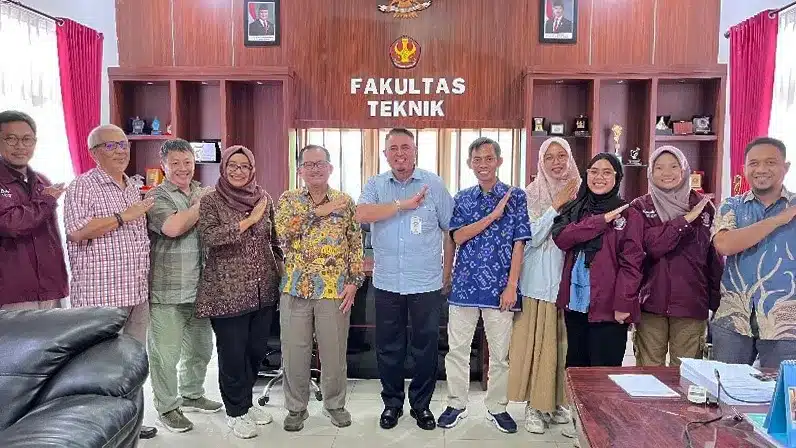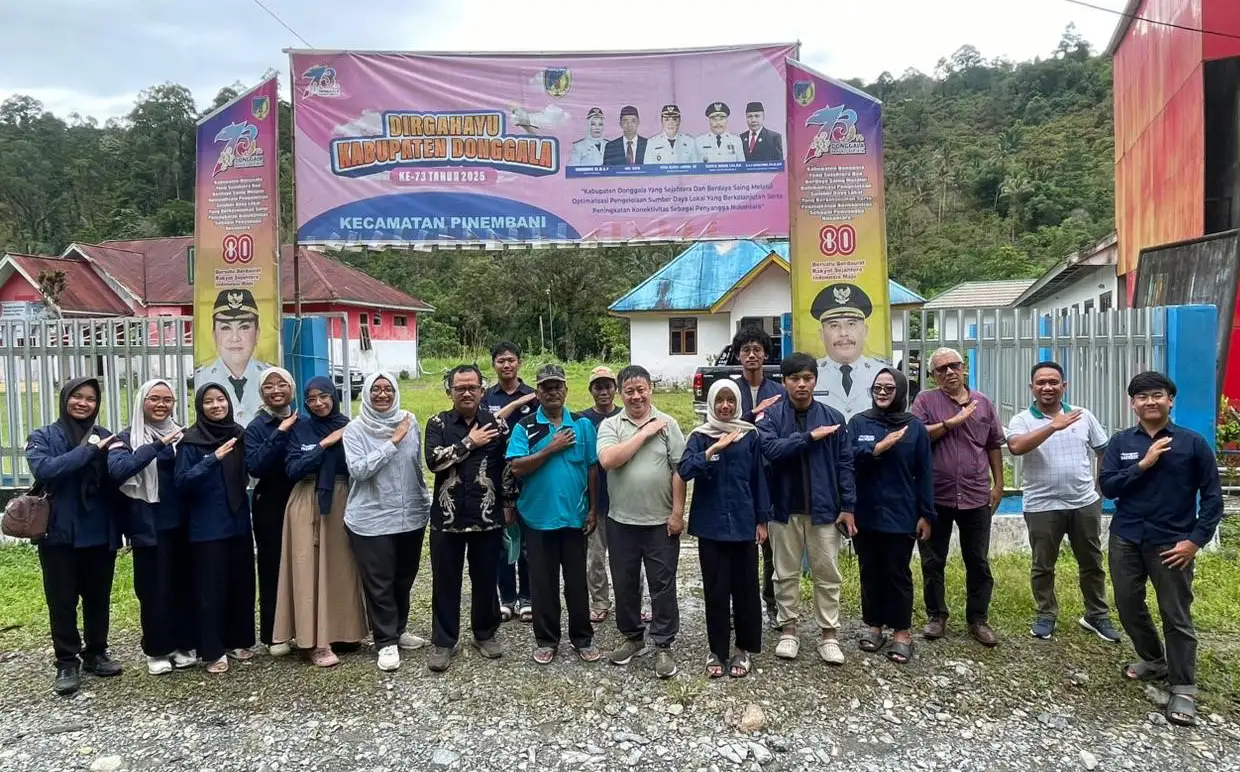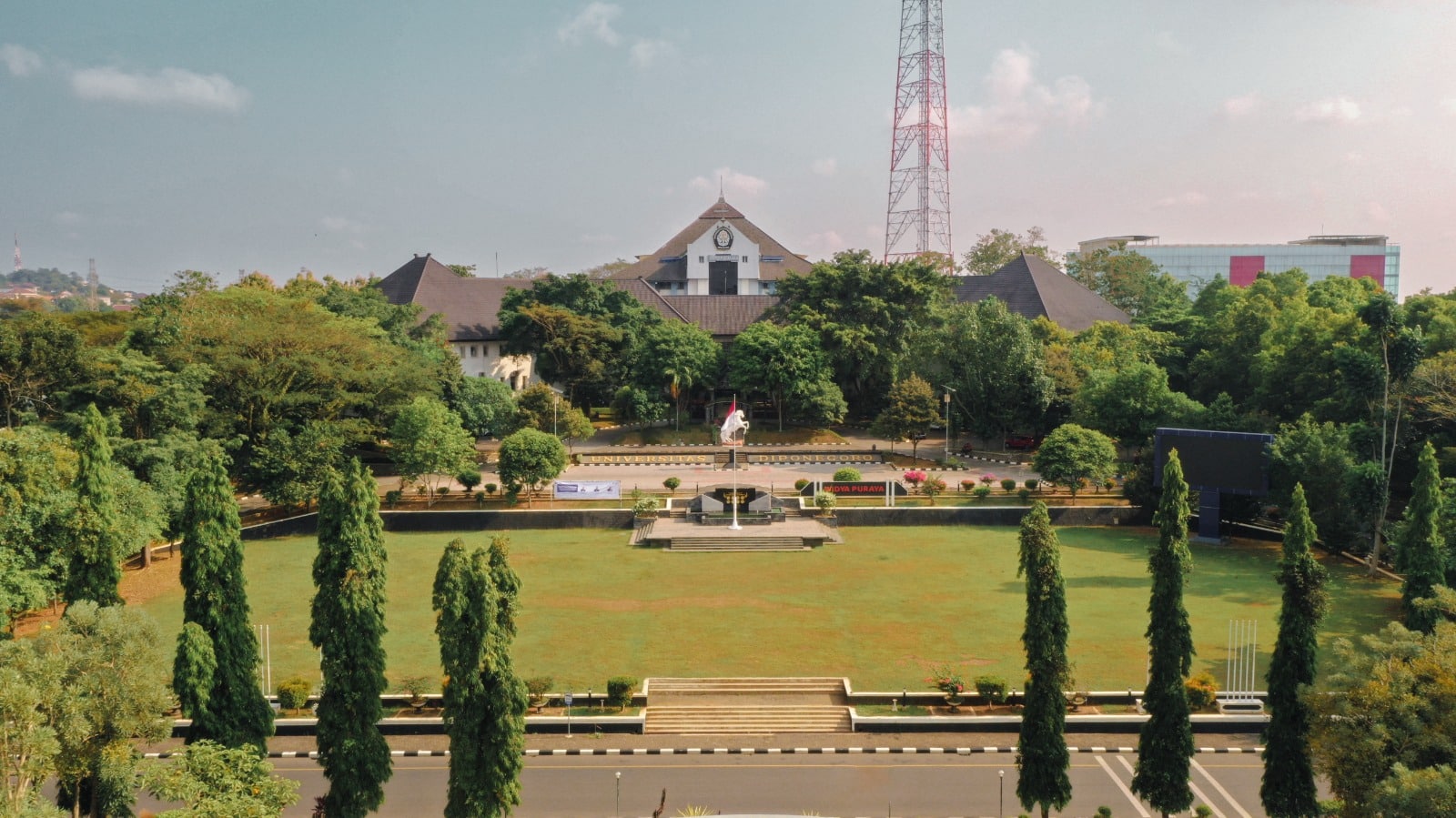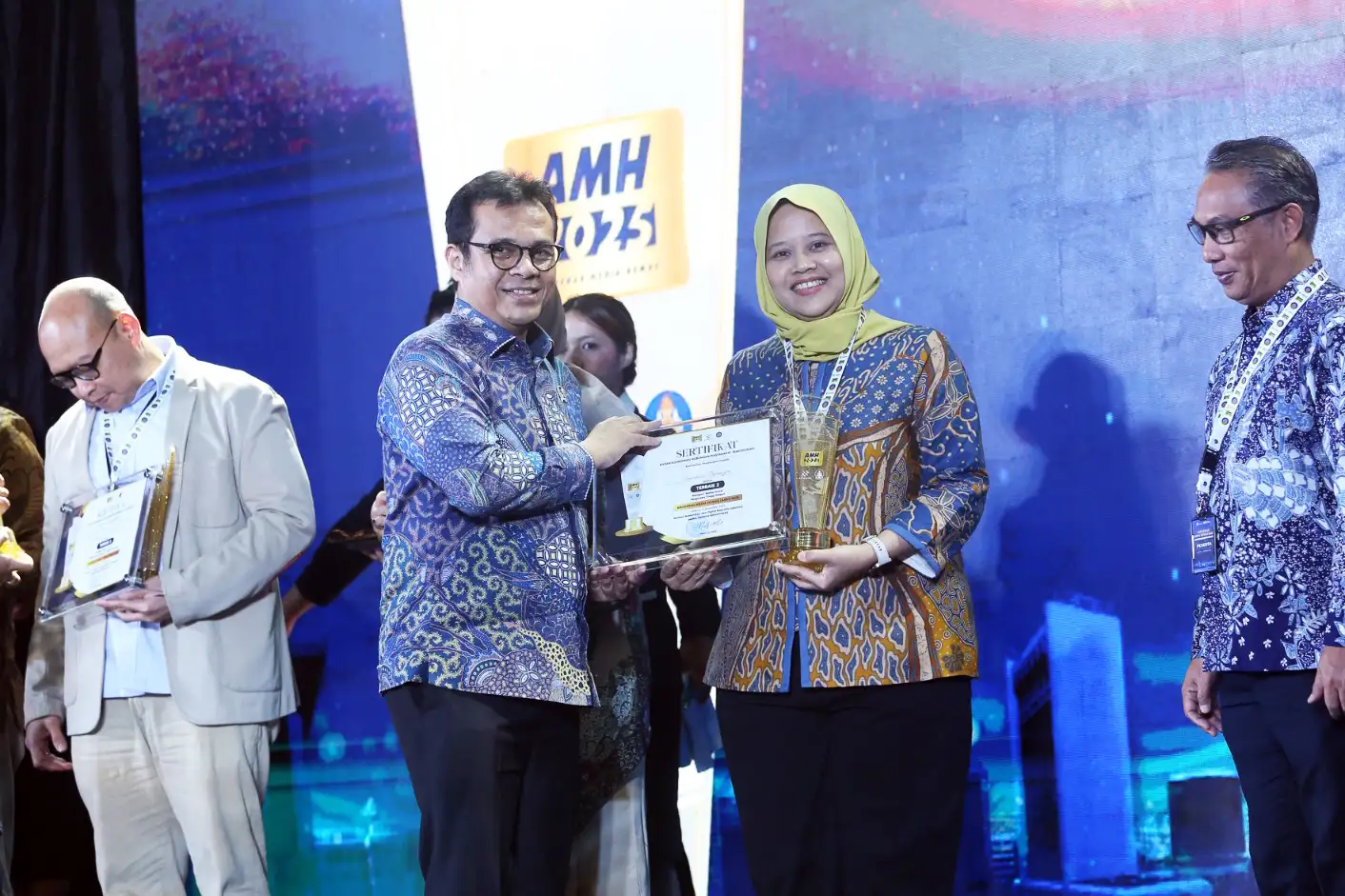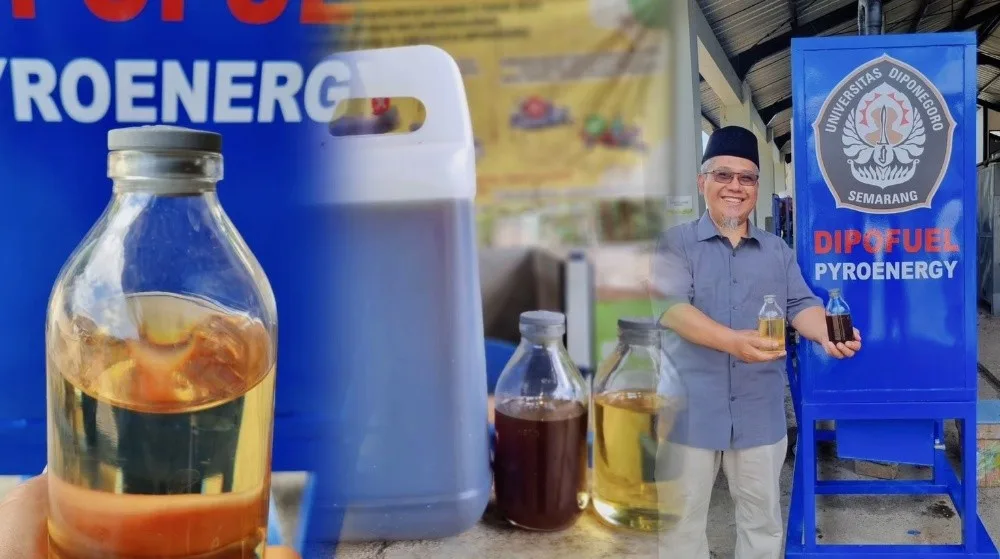The Faculty of Animal and Agricultural Sciences (FPP), Diponegoro University held an International Guest Lecture with the theme “Nutrition, Health and Product Quality in Ruminants” by presenting guest lecturers namely Prof. Pitunart Noosen (Prince of Songkla University), Dr. Krajana Tainchum (Prince of Songkla University), Asst. prof. Dr. Supreena Srisaikham (Burapha University), and moderated by Sugiharto, S.Pt., M.Sc., Ph.D (Head of Master Program in Animal Science, Diponegoro University), on Tuesday (5/4).
In his material, Prof. Pitunart conveyed the mission of the food industry, namely ‘produce more’ (population growth and purchasing power), ‘better’ (food security, health, and welfare), ‘with less resources’ (less land, water, labor, energy), and ‘with suistanability’ (environment and animal welfare).
“The main issues affecting ruminant production are nutrition and feed. Rice straw is a source of fiber especially during the hot summer months for ruminants in Thailand. Meanwhile the challenge for future research is the utilization of agricultural additional products and improving the quality of feed with addictive feeds, improving the quality of ruminant products, reducing pollution of ruminant livestock, and nutrigenomics in ruminants,” he said.
Asst. prof. Dr. Supreena Srisaikham presented a material entitled “The Relation of Ruminant Feed and Preserved Products, The Extension of Raw Milk Quality During Storage through Supplementation of Thiocyanate from Hydrogen Cyanide Content in Dairy Cattle Diet”. He said the obstacles faced by small dairy farms in Thailand were cooling systems, poor handling systems, inadequate facilities, transportation, no refrigeration, and economic reasons. Small farms are located in areas far from milk collection centers.
Dr. Krajana Tainchum conveyed that there are behaviors that livestock do when there are disturbances, including the behavior of refusing flies, for example, flicking their tails, stepping on their feet, skin twitching, moving their heads. Avoidance behavior, for example moving to an area with lower parasitic activity.
“When ruminants experience stress, the effects include reduced feed intake, lower energy levels, weight loss, reduced conception rates, reduced milk production, small or premature calves, weakened immune systems, and affected by disease,” concluded Dr. Krajana. (Lin – Public Relations)


